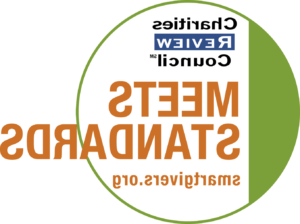At ServeMinnesota, research and evaluation are central to our work. We base programs on research and we use evaluations to continually improve those programs over time. This way, we’re making sure that each person who signs up to serve with AmeriCorps is bound to make a difference for Minnesota.
These are the key findings from our research this year – and how they relate to the challenges Minnesota is facing. Much of this work is completed by the National Science and Service Collaborative (NSSC), which is a collective of researchers who study AmeriCorps and help improve ServeMinnesota’s programs.
Fighting pandemic-interrupted learning
What we already knew: Minnesota’s students were enormously affected by the pandemic and their reading and math skills have not rebounded. Our education programs provide evidence-based tutoring to school districts across the state – which is one of the best ways to help students build their skills up to grade level. These programs have been proven to work repeatedly and are aligned with the evidence on how students learn.
What we learned this year:
- Math Corps doesn’t just help students strengthen math skills – it also helps them build confidence in math and a sense of belonging in school. We know from research that interpersonal aspects of learning are especially influential in math, so this is great news for students in Math Corps. Read the report.
- Reading Corps tutors can work with more than one student at once with no change in student outcomes. This means that they can support more students within one school without compromising on impact. Read the report.
- We examined Reading Corps students’ scores to help tutors and their supervisors know when to adjust tutoring strategies. This helps make tutoring even more responsive to individual student needs. Read the report.
Building a skilled workforce
What we already knew: Minnesota urgently needs more skilled workers in public health, energy efficiency, education, and many other industries. AmeriCorps programs offer entry-level connections to these industries, and several programs offer support with certifications and education opportunities. We also knew that hundreds of AmeriCorps alumni work in education, at nonprofits, in state and local government, and in other high-demand fields.
What we learned this year:
- Last year, we created our first-ever career survey for members. Taken at the beginning and end of service, the survey helps us gauge the impact AmeriCorps has on members’ career development.
- 74% (208) of surveyed members* felt their AmeriCorps program helped prepare them for a future career. Across programs, about 80% (213) of surveyed members planned to pursue a career in their program’s field. This helps show that our programs provide strong preparation for members in the area in which they’re serving.
* Note: We surveyed 367 members in Minnesota and other states, so some surveyed members are serving outside MN. 267 members filled out the exit survey. We’ll be sharing more results from this survey in January!
Strengthening environmental resilience
What we already knew: Droughts, wildfires, erosion floods, intense storms – Minnesota’s communities are grappling with climate challenges and working to protect the state’s beautiful environment. Our environmental programs help Minnesota communities respond to these challenges, conserve their resources, build their workforce, and grow their resilience.
What we learned this year:
- Our researchers dove into existing research and found that tightly-knit communities are more resilient and more likely to take environmental action. Using this research, they designed a new group of service opportunities that help communities build two elements of strong, resilient communities: social capital and a sense of place.
- Evaluators found a way for service site organizations to have more choice over member’s service activities. This helps the organizations make sure members are focusing where they’ll make the most impact.
Connecting Minnesotans across generations
What we already knew: Divides between people of different groups – urban and rural, young and old – are deepening over time. People of all ages serve with AmeriCorps, from 18 years old to Minnesotans in their 80’s, and often serve together at the same site.
What we learned this year:
- In a survey, Math Corps and Reading Corps tutors said they interact often with tutors of another generation. Tutors said they were able to share resources, ideas, and solutions with each other. One member reflected that their AmeriCorps experience “significantly broadened my understanding of people from diverse age groups.” See the presentation.
Research on the horizon
We have some research that’s ongoing or not yet complete. We do annual, rigorous evaluations, which involve surveying AmeriCorps members and partner organizations to identify areas of improvement. We also work on special projects that require years to see results, some of which include:
- In partnership with Lehigh University and the University of Wisconsin Madison, and with funding from the U.S. Department of Education, we are exploring how Reading Corps helps maintain students’ reading success after they complete tutoring.
- Funded by The Children’s Trust, we are collaborating with the University of North Carolina’s Child Development Institute to study the effectiveness and cultural responsiveness of Early Learning Corps in Florida. This will help us to explore Early Learning Corps’s impact and how we can make the program even more culturally responsive for students.
- Recovery Corps will work with Dr. David Best at the Recovery Research Institute to provide deeper insights into members’ own well-being and their perceived capacity to support others.
- In program year 23-24, we are expanding the career development survey for AmeriCorps members to include more programs. We are also conducting our first-ever alumni survey. This will help us to gauge how AmeriCorps is a tool for career development in Minnesota.






